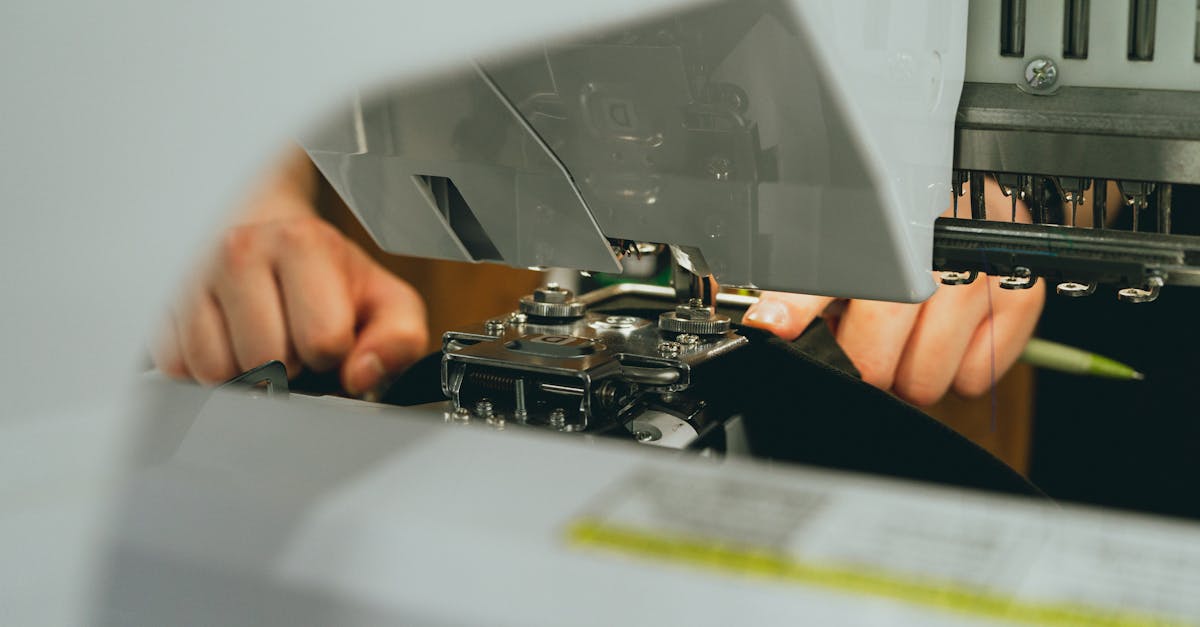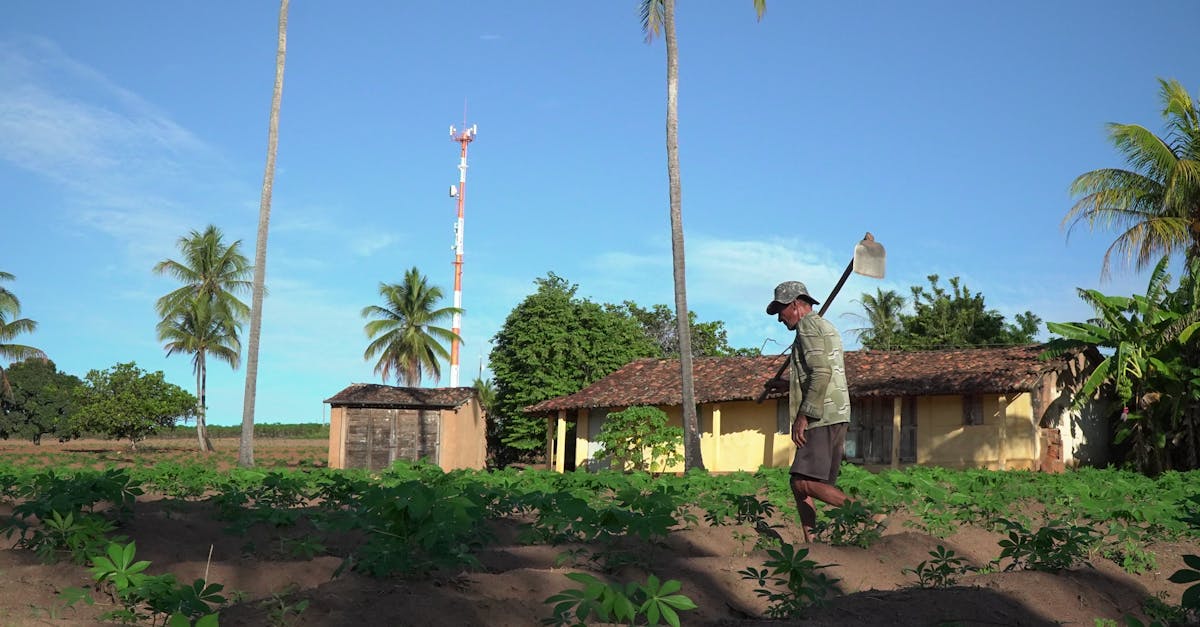The Hawaii Department of Business, Economic Development and Tourism (DBEDT) will be hosting the third annual Hawaii-Made Conference. This conference is a crucial event for the state's economic growth, aiming to equip food and beverage manufacturers, retailers, wholesalers, and policymakers with resources to bolster Hawaii's product-based economy. The conference underscores DBEDT's commitment to strengthening the local manufacturing sector and creating a supportive environment for locally made goods, both within Hawaii and in broader markets. Meli James, co-founder of Mana Up, will be the luncheon keynote speaker, discussing strategies for the success of Hawaii-made brands DBEDT blog.
The Hawaii-Made Conference serves as a platform for networking and collaboration, connecting business owners with experts and providing opportunities for growth. Attendees can expect discussions on crucial topics like product development, commercialization, and market expansion. The event reflects a broader effort to diversify the local economy, as highlighted by the DBEDT's mission to support an innovative and globally competitive economy. Furthermore, the Hawaiʻi Made initiative, created and maintained by DBEDT, provides a portal for Hawaii-based companies to promote their offerings invest.hawaii.gov.
This conference is particularly relevant for Hawaii's entrepreneurs and investors looking to navigate the opportunities and challenges within the local manufacturing landscape. For those seeking to establish or expand businesses, understanding the dynamics of the Hawaii-Made program is key. The conference also underscores the significance of policies and initiatives that support local businesses and promote economic diversification, offering a valuable insight into the resources available to propel business expansion.
The focus on locally made products aligns with the state's broader economic goals and efforts to increase the value added by manufacture within Hawaii. By emphasizing local production, the conference supports the creation of a more resilient and self-sufficient economy. This approach can help insulate local businesses from global economic fluctuations and strengthen the state's overall economic health. The emphasis on Hawaiʻi Made products, requiring a certain percentage of in-state value-add, promotes local sourcing and manufacturing, benefiting local businesses and creating jobs.



